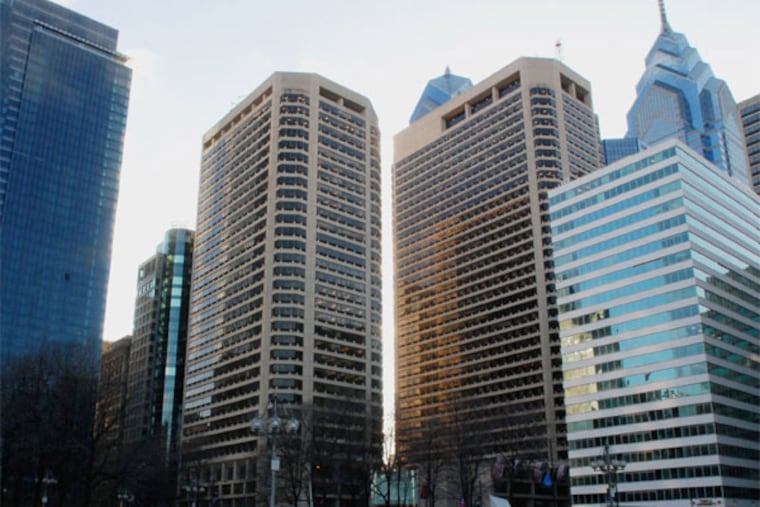AVI should be just a first step
The growth-killing Philadelphia tax structure has to change, and now is as good a time as any to start. Taxes have taken center stage in the city with the implementation of the Actual Value Initiative, or AVI as it is commonly called. While this change in the property tax is critical, it is just one component of the burdensome tax system that needs to be modified.

The growth-killing Philadelphia tax structure has to change, and now is as good a time as any to start.
Taxes have taken center stage in the city with the implementation of the Actual Value Initiative, or AVI as it is commonly called. While this change in the property tax is critical, it is just one component of the burdensome tax system that needs to be modified.
The combination of bizarre business taxes, an extremely high wage tax, and myriad petty, annoying other taxes and fees has created a tax system that is the greatest barrier to growth facing the city. It has to change and the sooner the better.
A recent symposium on the city's tax situation highlighted the problems. The city has 17 major taxes, including three on property, five on businesses and household incomes, and three different sales taxes. Then there are parking, hotel, rental vehicle, amusement, and so on. If it moves or doesn't move, the city tries to tax it.
But that crazy quilt of taxes wouldn't be so destructive if the city didn't do it so badly. If something can change location to avoid a tax, it will. What you want to do is tax something that cannot move. Property is a prime example of that. Instead, we tax household and business incomes.
Other, more competitive cities recognize that there is a smart way and an economy-killing way to tax. The smarter cities have fairly even distribution of taxes among personal income, business, sales, and property levies.
Philadelphia doesn't. More than 50 percent of the revenue it raises comes from income and an additional 22 percent comes from businesses. Penn professor Robert Inman has estimated that over a 30-year period, the wage tax costs the city more than 170,000 jobs. Meanwhile, property taxes make up only about 17 percent of revenue raised, significantly less than the roughly 23 percent in other cities.
Which brings us to the AVI. If we are to move the tax structure away from household and business income taxes, AVI is the linchpin of any tax reform. The system it replaces is so unfair it has created public contempt, and no tax can survive under those circumstances. Granted, no tax is perfect, but the AVI is light-years better than what has existed.
The city should go much further than just implementing the AVI. It should start reducing its excessively heavy dependence on personal and business income taxes by raising additional revenue from the property tax. That is, the change should not be revenue-neutral.
The argument against raising more revenue is that getting the AVI through is hard enough. The elected officials should not be burdened with addressing overall tax reform at the same time. But that makes no sense. Does anyone really believe that a person facing a property-tax increase of $200 will be less upset if it goes up $250? Or, if instead of getting a $250 drop, residents will be upset if it goes down only $200?
"Revenue-neutral" is just a shield for politicians to hide behind so they don't have to take difficult but critical actions.
Unfortunately, delaying increasing property-tax revenue could set back the restructuring process for years, greatly damaging Philadelphia's economic future. There never is a good time to raise any tax, so saying it will be better to do it in the future is disingenuous.
Does anyone know how long it will take for the AVI to be accepted? Ultimately, the discussion will come back to raising property taxes, and no time is a good time to do that.
But more important, the timing of the tax-structure change is crucial. The national economy is turning and within the next 18 months, strong growth is likely to return. However, Philadelphia's economic pace is flattening. Changing the tax structure should provide an impetus to growth that would allow the city to harness the potentially robust national and international expansions. Failing to do so would diminish Philadelphia's economic potential.
The city's tax structure must be changed, and the process should begin now. Moving the dependence away from income taxes and toward property taxes is a necessary condition for stronger economic growth.
Philadelphia is well-positioned to take advantage of the larger economic trends that are emerging, and getting its tax structure correctly aligned would be the best investment the city can make in its future.